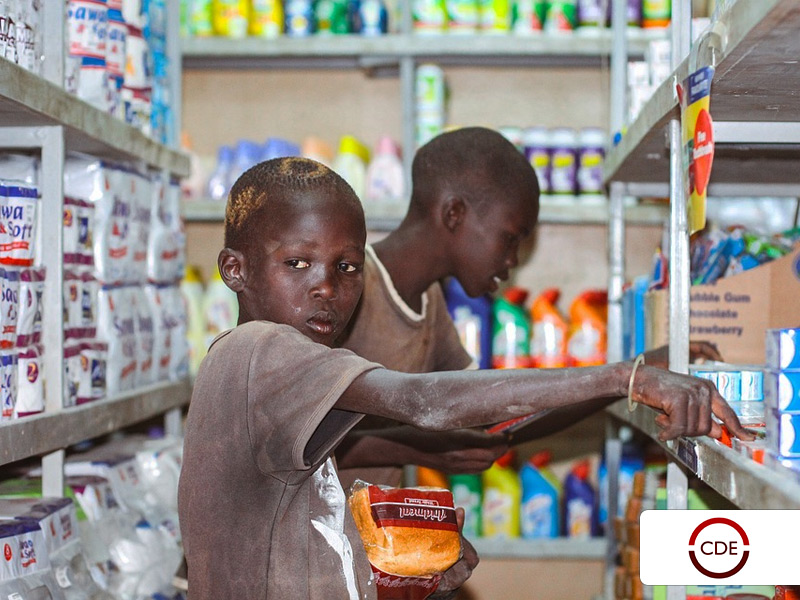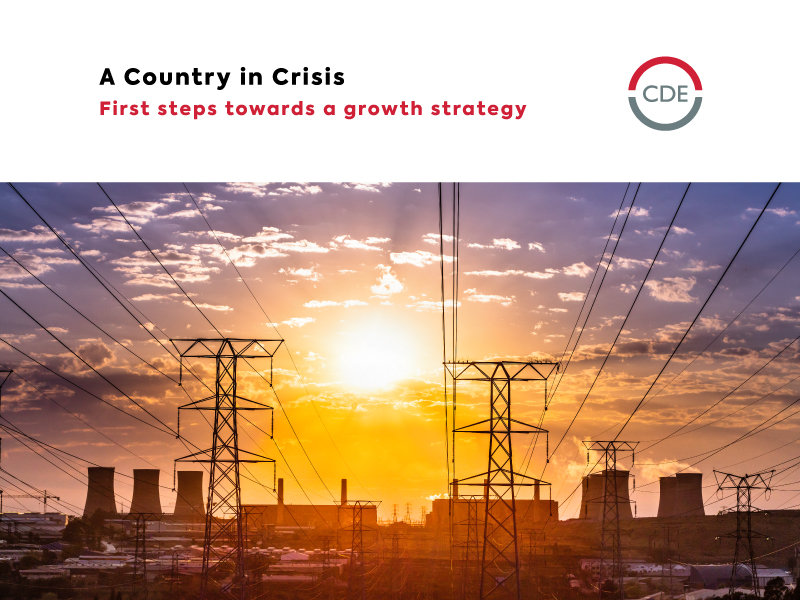Key Points:

- Accelerating shared growth in South Africa means that, instead of protecting the poor from markets, we need to make markets work for the poor.
- As in so many areas relating to poverty, not much has changed fundamentally since the end of apartheid in respect of the access the poor have to financial services. In 2004, 54% of the adult population was ‘unbanked’, and 42 percent have never had a bank account. Most of the ‘unbanked’ cite poverty as the biggest problem that prevents them from getting access to financial services
- The approach of making markets work for the poor aims to promote interventions that will help the poor to help themselves, make existing markets work more inclusively for poor producers and consumers, and make the benefits of well-functioning markets more widely accessible.
- Private education, tourism, financial markets and the wool farming sector in South Africa provide great case studies on how the organisation of government, business and other private actors can drive prosperity for the poor.
- Making markets work requires government, business, NGOs and educational organisations to work together to strengthen pro-market institutions and to address market failures.



